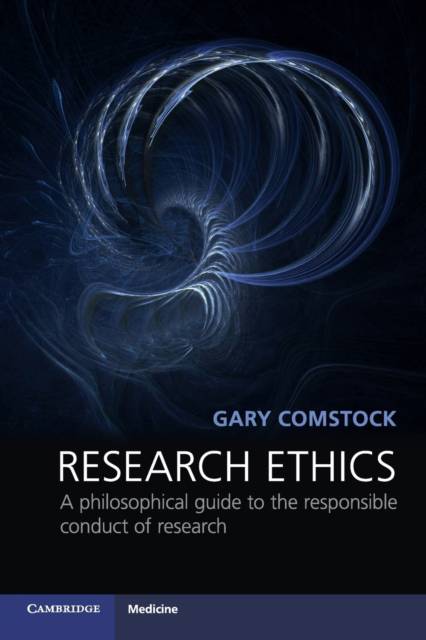
- Afhalen na 1 uur in een winkel met voorraad
- Gratis thuislevering in België vanaf € 30
- Ruim aanbod met 7 miljoen producten
- Afhalen na 1 uur in een winkel met voorraad
- Gratis thuislevering in België vanaf € 30
- Ruim aanbod met 7 miljoen producten
Zoeken
€ 92,45
+ 184 punten
Omschrijving
Education in the responsible conduct of research typically takes the form of online instructions about rules, regulations, and policies. Research Ethics takes a novel approach and emphasizes the art of philosophical decision-making. Part A introduces egoism and explains that it is in the individual's own interest to avoid misconduct, fabrication of data, plagiarism and bias. Part B explains contractualism and covers issues of authorship, peer review and responsible use of statistics. Part C introduces moral rights as the basis of informed consent, the use of humans in research, mentoring, intellectual property and conflicts of interests. Part D uses two-level utilitarianism to explore the possibilities and limits of the experimental use of animals, duties to the environment and future generations, and the social responsibilities of researchers. This book brings a fresh perspective to research ethics and will engage the moral imaginations of graduate students in all disciplines.
Specificaties
Betrokkenen
- Auteur(s):
- Uitgeverij:
Inhoud
- Aantal bladzijden:
- 310
- Taal:
- Engels
- Reeks:
Eigenschappen
- Productcode (EAN):
- 9780521187084
- Verschijningsdatum:
- 25/02/2013
- Uitvoering:
- Paperback
- Formaat:
- Trade paperback (VS)
- Afmetingen:
- 152 mm x 231 mm
- Gewicht:
- 453 g

Alleen bij Standaard Boekhandel
+ 184 punten op je klantenkaart van Standaard Boekhandel
Beoordelingen
We publiceren alleen reviews die voldoen aan de voorwaarden voor reviews. Bekijk onze voorwaarden voor reviews.











